
Relationship Mistakes: Neptune – Unobtainable Lover
 The concept of falling for someone who is deemed “off-limits” has been a recurring theme in relationship discussions. This phenomenon can take various forms, ranging from romantic entanglements with married individuals to those who are geographically distant or even incarcerated. Astrologically, the influence of Neptune, particularly when linked to aspects ruling over partnerships and male figures in one’s life, may shed light on the tendency to be drawn to what is perceived as unattainable.
The concept of falling for someone who is deemed “off-limits” has been a recurring theme in relationship discussions. This phenomenon can take various forms, ranging from romantic entanglements with married individuals to those who are geographically distant or even incarcerated. Astrologically, the influence of Neptune, particularly when linked to aspects ruling over partnerships and male figures in one’s life, may shed light on the tendency to be drawn to what is perceived as unattainable.
Princess Diana’s acknowledgment of her inclination towards “unobtainable” men, as revealed in her conversation with her astrologer, adds a personal dimension to this astrological consideration. The Sun trine Neptune aspect from the relationship house (7th) in her natal chart suggests a potential astrological influence contributing to her attraction to men who may be difficult to reach or fully connect with on a practical level. Further astrological indicators, such as Venus-Neptune connections or the placement of Neptune in the 5th or 7th house, can provide additional insights into the astrological dynamics that might contribute to this romantic pattern. Venus-Neptune aspects may enhance the allure of idealized or romanticized love, potentially leading individuals to be captivated by partners who embody an ethereal or unattainable quality.
The placement of Neptune in the 5th house, associated with romance and creativity, or the 7th house, linked to partnerships and relationships, can intensify the influence of Neptune in shaping one’s romantic preferences. This could manifest as a tendency to be attracted to partners who embody elusive or dreamlike qualities, contributing to a sense of longing or unattainability in the relationship.
The symbolism of Neptune as representing unconscious frustration and sacrifice highlights the hidden complexities that may underlie such romantic attractions. Choosing an unobtainable man, whether due to marital status, physical distance, or other barriers, can lead to an unfulfilling relationship. The perpetual feelings of yearning, longing, and fantasizing, coupled with the lover’s inherent inaccessibility even when physically present, create a sense of suffering and the need for sacrifices in the pursuit of an idealized love.
The parallels drawn between Neptune’s influence and Venus-Neptune aspects emphasize the shared theme of desiring the elusive and the willingness to make sacrifices in the name of love. This echoes the idea that the attraction to unobtainable partners is not just a random occurrence but can be linked to deeper astrological patterns that influence romantic preferences. The connection between Neptune and creative fantasy adds another layer to the allure of such relationships. The comparison to romance novels as an outlet for unfulfilled longings highlights the role of imagination in shaping and sustaining these connections. The idea that Neptune embodies unselfish love, all-encompassing and unlimited, speaks to the idealized nature of the emotions involved in these relationships.
However, the inevitable disillusionment that follows underscores the transient nature of this enchantment. The initial magic, enchantment, and fairytale quality of the relationship may give way to a more realistic understanding, bringing individuals back to the challenges and limitations inherent in pursuing what is ultimately unattainable.
 So, imagine this: you’re drawn to someone who’s like the Holy Grail of unattainability. Could be a married man, someone on the other side of the planet, or even a mate behind bars. Neptune is whispering in your ear, saying, “Go on, indulge in the fantasy. Let’s make it a real tearjerker.” There’s this constant yearning, this ache for something just out of reach. You’re there, but you’re not. It’s not just about physical unavailability; it’s about tapping into the unconscious frustration and sacrifice that comes with chasing the unattainable. And we willingly sign up for it – sacrifices and all – because, Neptune’s got us wrapped up in this enchanting, otherworldly love drama. Unobtainability wears many masks. It could be a man who’s dealing with some serious personal issues like illness, cheating, or battling the bottle. The lover becomes this enigmatic puzzle, always just out of reach, and the game is on. The lover might be physically present, but emotionally, it’s like trying to hug a ghost. There’s this inherent inaccessibility that turns the relationship into a real emotional labyrinth.
So, imagine this: you’re drawn to someone who’s like the Holy Grail of unattainability. Could be a married man, someone on the other side of the planet, or even a mate behind bars. Neptune is whispering in your ear, saying, “Go on, indulge in the fantasy. Let’s make it a real tearjerker.” There’s this constant yearning, this ache for something just out of reach. You’re there, but you’re not. It’s not just about physical unavailability; it’s about tapping into the unconscious frustration and sacrifice that comes with chasing the unattainable. And we willingly sign up for it – sacrifices and all – because, Neptune’s got us wrapped up in this enchanting, otherworldly love drama. Unobtainability wears many masks. It could be a man who’s dealing with some serious personal issues like illness, cheating, or battling the bottle. The lover becomes this enigmatic puzzle, always just out of reach, and the game is on. The lover might be physically present, but emotionally, it’s like trying to hug a ghost. There’s this inherent inaccessibility that turns the relationship into a real emotional labyrinth.
Ingrid Lind says,
I did a girl’s chart and found so many good aspects that I wondered if I was ever coming to a bad one. At last I came to a close square of Venus (relationships) to Neptune. More, Neptune was in the 7th house. I recalled that my sister with an afflicted Neptune in the 7th had lost two husbands and I wondered if this girl too would be widowed. But Neptune has to do with all renunciations and not just with losses through death – and after some years of marriage he left her for another woman. Foreseeing trouble, should I have warned her against this marriage? No! This would have deprived the girl of several happy years and her three children.
Neptunian relationships are often marked by a profound tendency to view partners through a lens of idealization, where the romanticized version of the relationship takes precedence over reality. In this ethereal realm, Neptune’s influence fosters a dreamlike atmosphere, blurring the lines between fantasy and truth. The initial stages of such connections are characterized by an enchanting illusion, with partners projecting their desires and aspirations onto one another. However, as the Neptunian fog begins to lift, a harsh reality sets in. The partner unveiled is not the flawless being they were imagined to be. This revelation can trigger a cascade of emotions, ranging from confusion to a profound sense of loss. The discrepancy between the idealized vision and the actual person can lead to feelings of deception and betrayal, as if the partner intentionally misrepresented themselves.
It’s crucial for individuals in Neptunian relationships to recognize that the source of disappointment lies not in the actions of the partner but in the unrealistic expectations projected onto them. The idealized image was a construct of the imagination, and the actual person may fall short of these unrealistic standards. This realization can be a challenging pill to swallow, prompting a period of adjustment and self-reflection. Acceptance becomes a key component in navigating the complexities of Neptunian relationships. Embracing loved ones in more realistic terms is a transformative process that requires acknowledging their imperfections and complexities. It involves understanding that no one can fully embody the idealized fantasies created within the Neptunian realm. Once individuals in these relationships move past the initial shock of unmet expectations, they may find a deeper and more meaningful connection with their partners.
According to Penny Thornton:
Usually the individual is quite blind at first to the other person’s faults because the projection is so strong. When, in time, the real person starts to emerge, the individual feels let down, betrayed by the partner: “I can’t imagine what I saw in him” or “How could she change so much?” are all familiar cries from the individual with a Neptune tenanted seventh house. The quality of deception is always a possibility with Neptune in this house. Sometimes acts about the partner’s background (hidden activities emerge after a long-term commitment has been made, leaving the individual shattered emotionally.

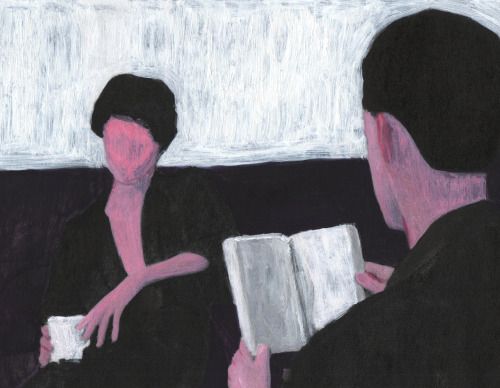



















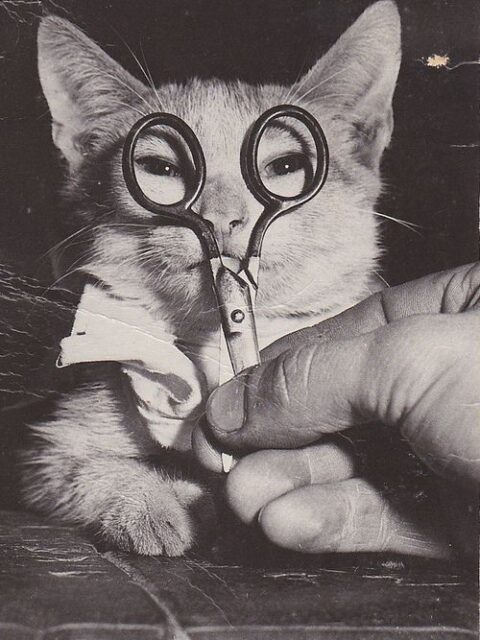
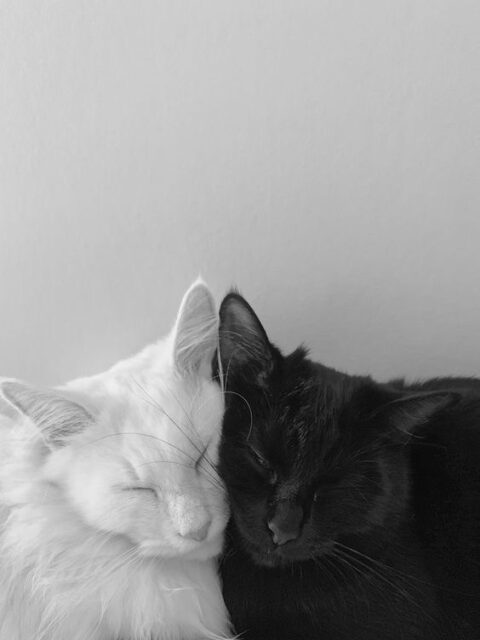



 Venus-Pluto Synastry: A Love So Powerful That It Might Just Kill Them
Venus-Pluto Synastry: A Love So Powerful That It Might Just Kill Them
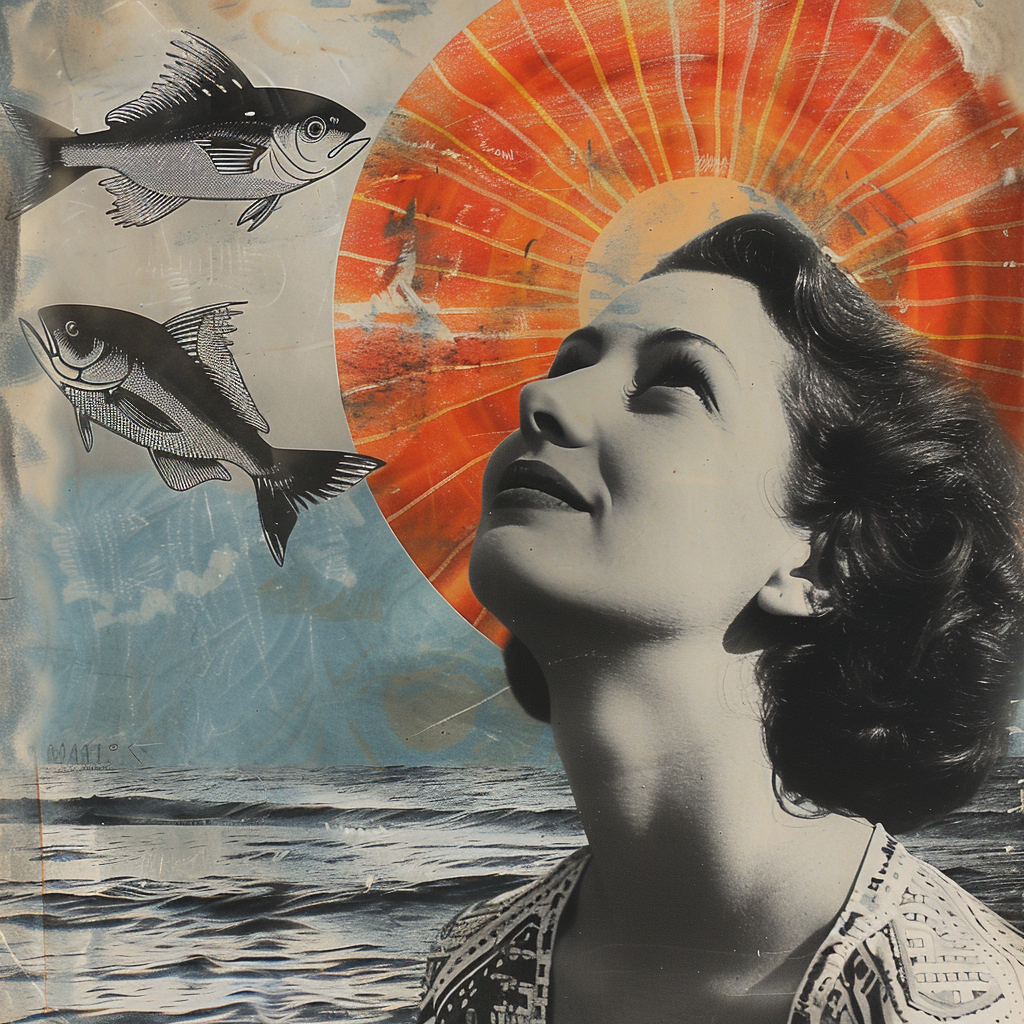 The Pisces Woman
The Pisces Woman
 A Planet in the 8th House: Gets Into the Same Situations Over and Over. It Has to Do With Its Connection to the Dead!
A Planet in the 8th House: Gets Into the Same Situations Over and Over. It Has to Do With Its Connection to the Dead!
 Pluto-Sun Transits: What’s Changed?
Pluto-Sun Transits: What’s Changed?
 Pluto Transits the 8th House: Major Life-Altering Undertakings
Pluto Transits the 8th House: Major Life-Altering Undertakings
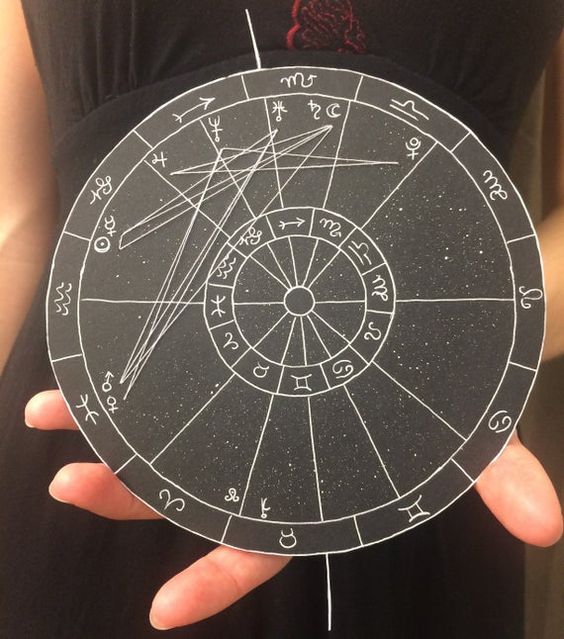 Astrology Degrees and Meaning
Astrology Degrees and Meaning
 Mars-Pluto Synastry: Something Quite Dark and Dangerous
Mars-Pluto Synastry: Something Quite Dark and Dangerous
 Uranus Transits the 4th House: The Chaotic Path to Personal Inner Growth
Uranus Transits the 4th House: The Chaotic Path to Personal Inner Growth
 Pluto in Libra in the 2nd House: Lessons on Self-Worth and Financial Independence
Pluto in Libra in the 2nd House: Lessons on Self-Worth and Financial Independence
 South Node in Scorpio or 8th House
South Node in Scorpio or 8th House
 Pluto Transits the 1st House: What to Expect?
Pluto Transits the 1st House: What to Expect?
 Composite Sun in the 8th House: Weather the Storm
Composite Sun in the 8th House: Weather the Storm
 Venus Opposite Saturn
Venus Opposite Saturn
 Aquarius: What Does Consciousness Mean to Them?
Aquarius: What Does Consciousness Mean to Them?
 Uranus Transits: 1st House: Winds of Change:
Uranus Transits: 1st House: Winds of Change:
 Love’s Mirage: The Sun- Neptune Synastry Influence
Love’s Mirage: The Sun- Neptune Synastry Influence
 Moon-Saturn Synastry
Moon-Saturn Synastry
 Pluto in the 1st House: Body Language Tips (Gifs)
Pluto in the 1st House: Body Language Tips (Gifs)